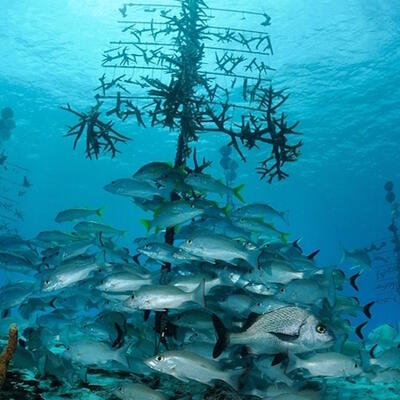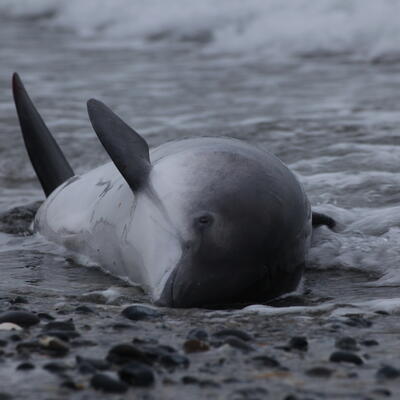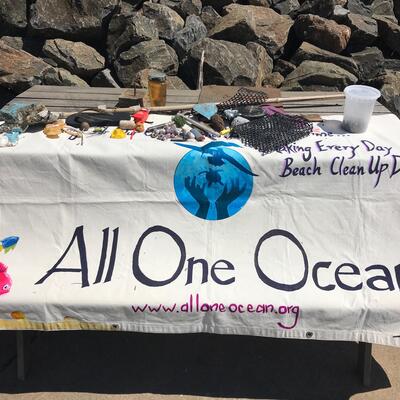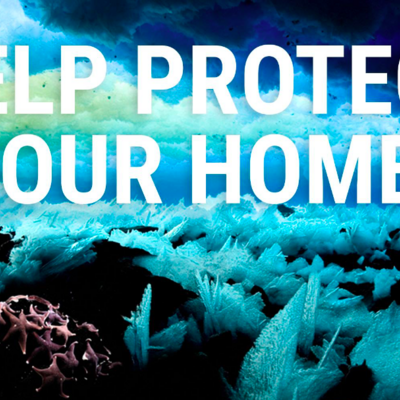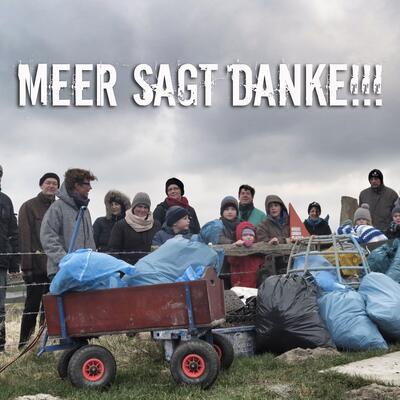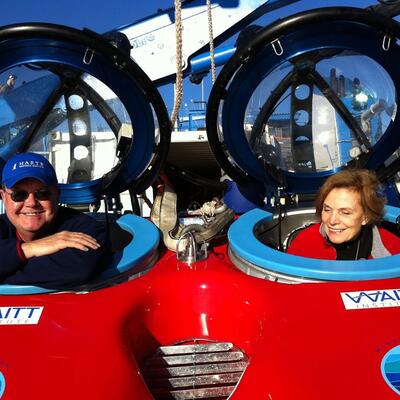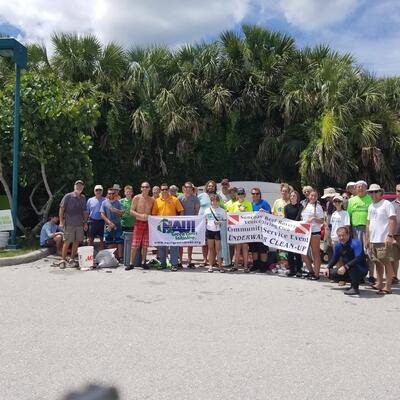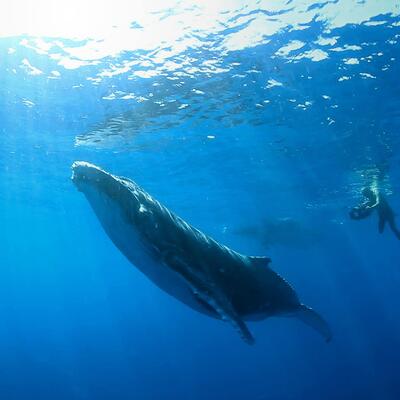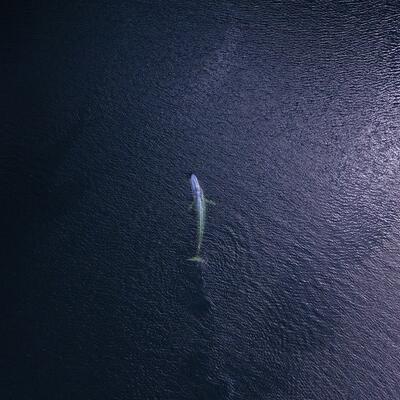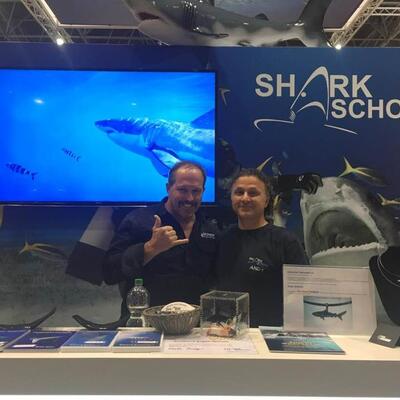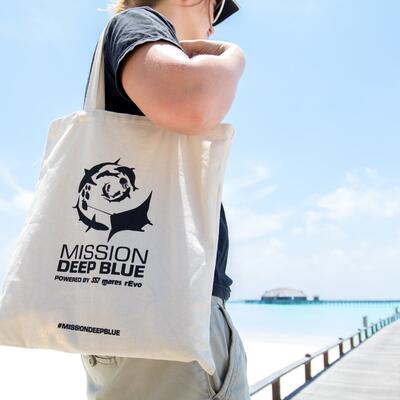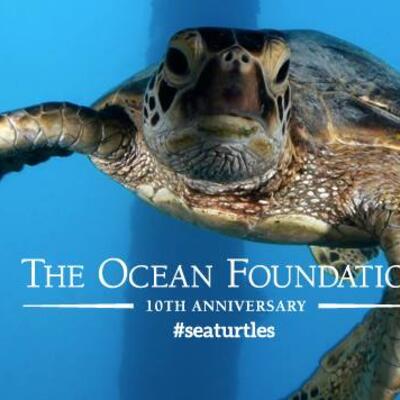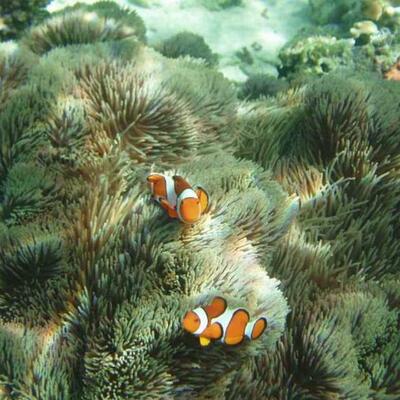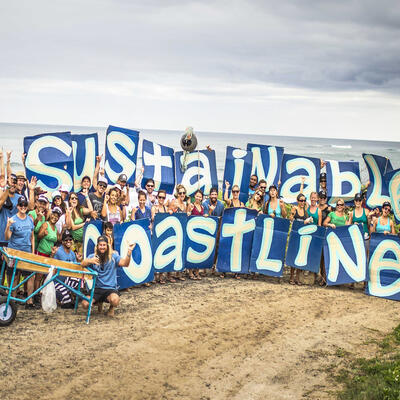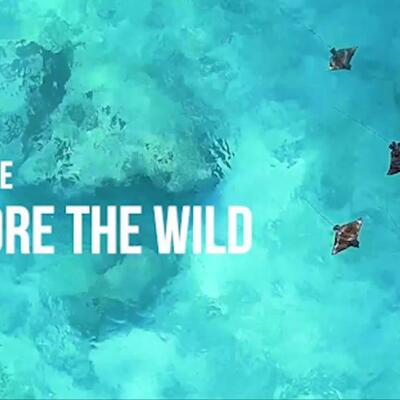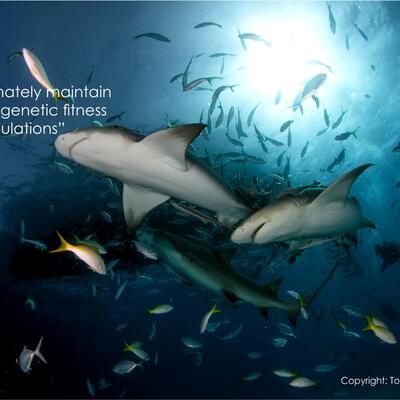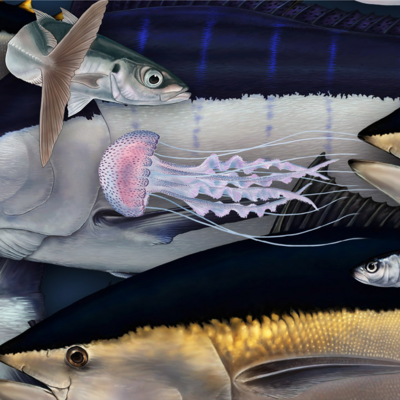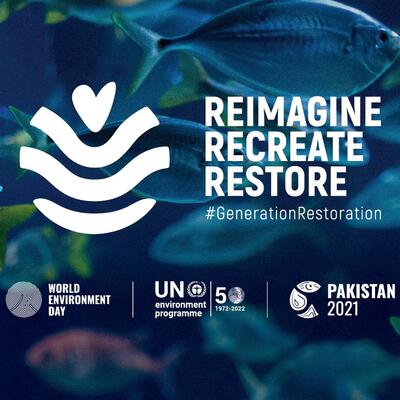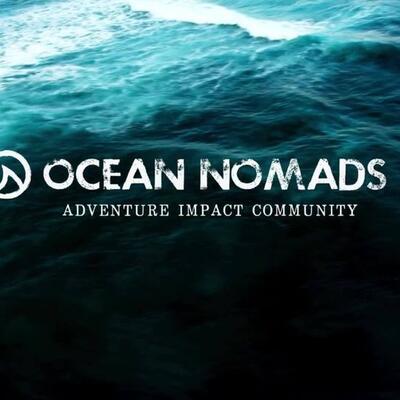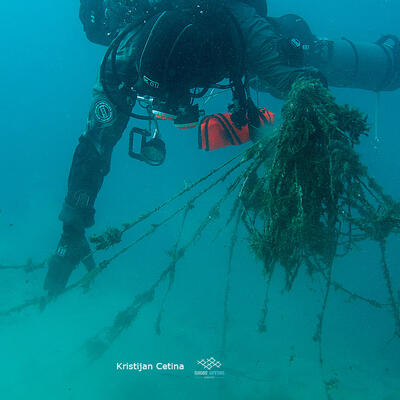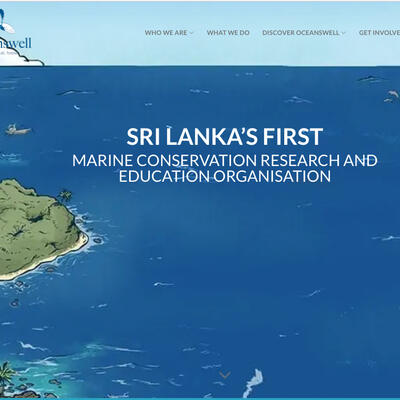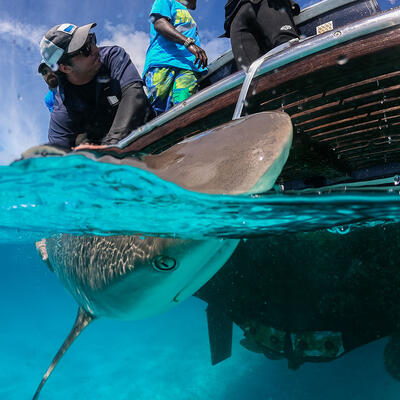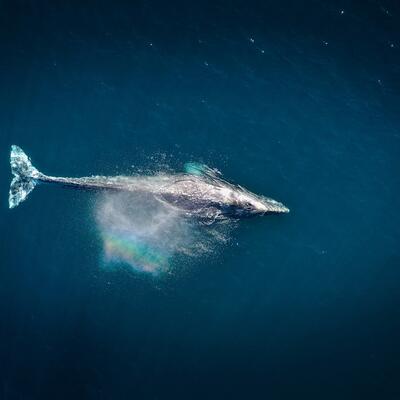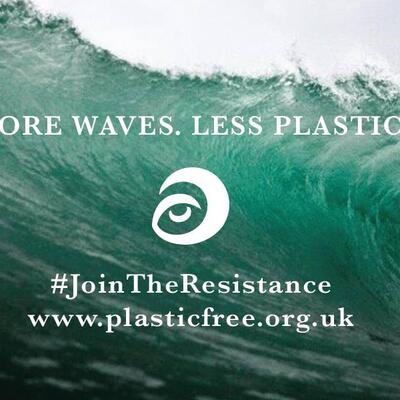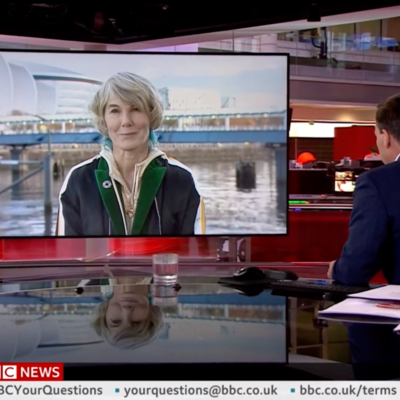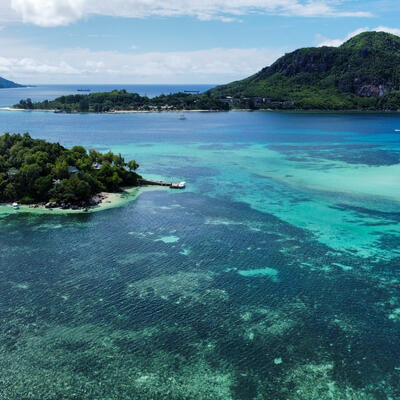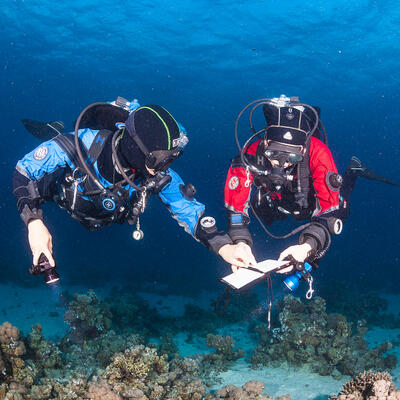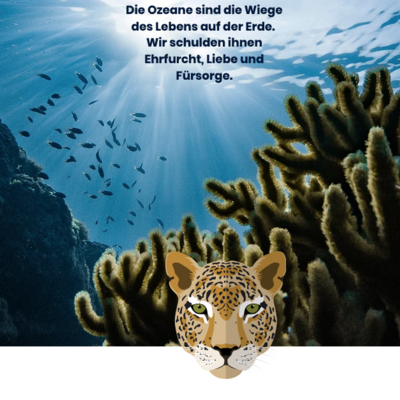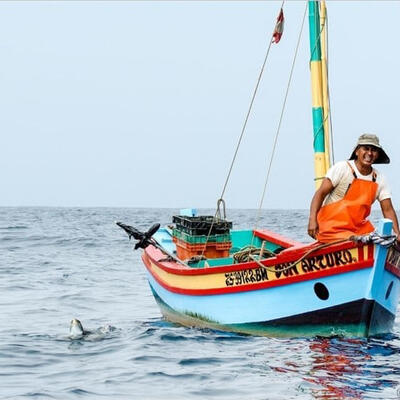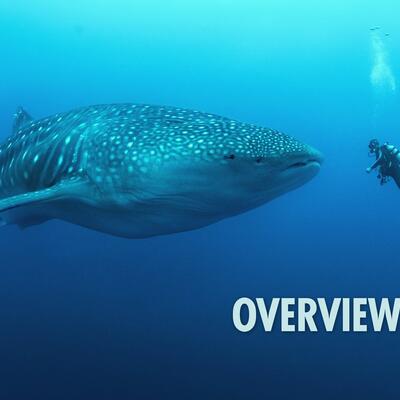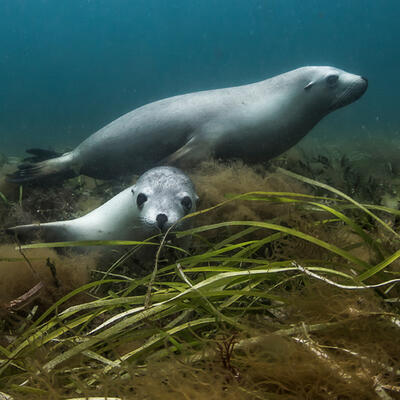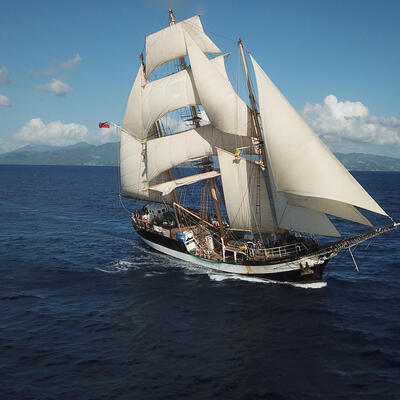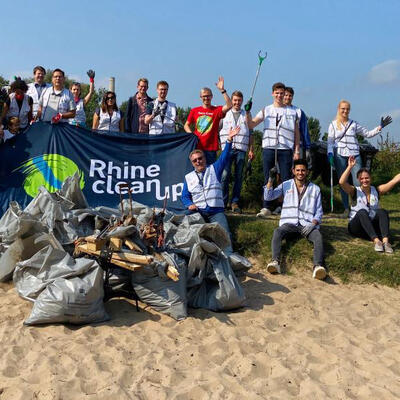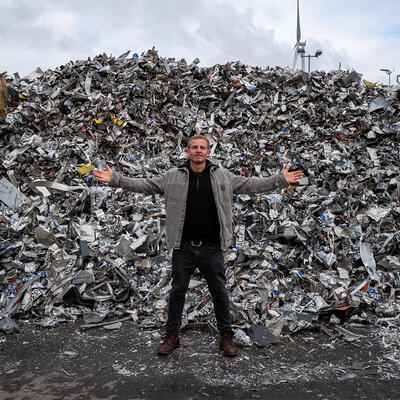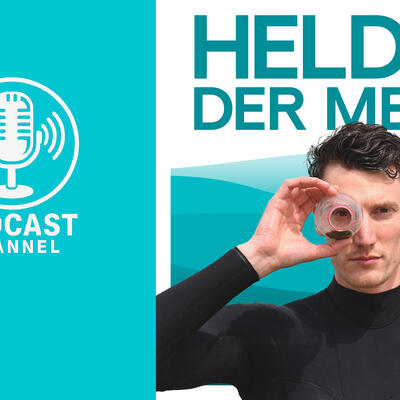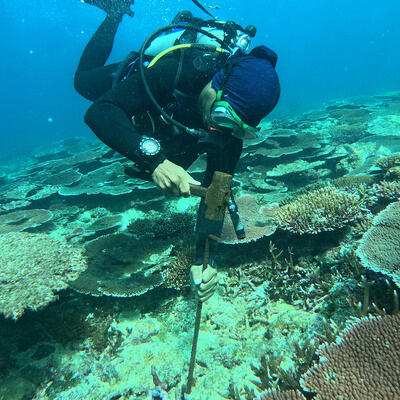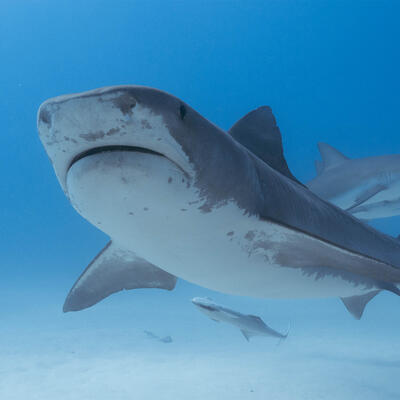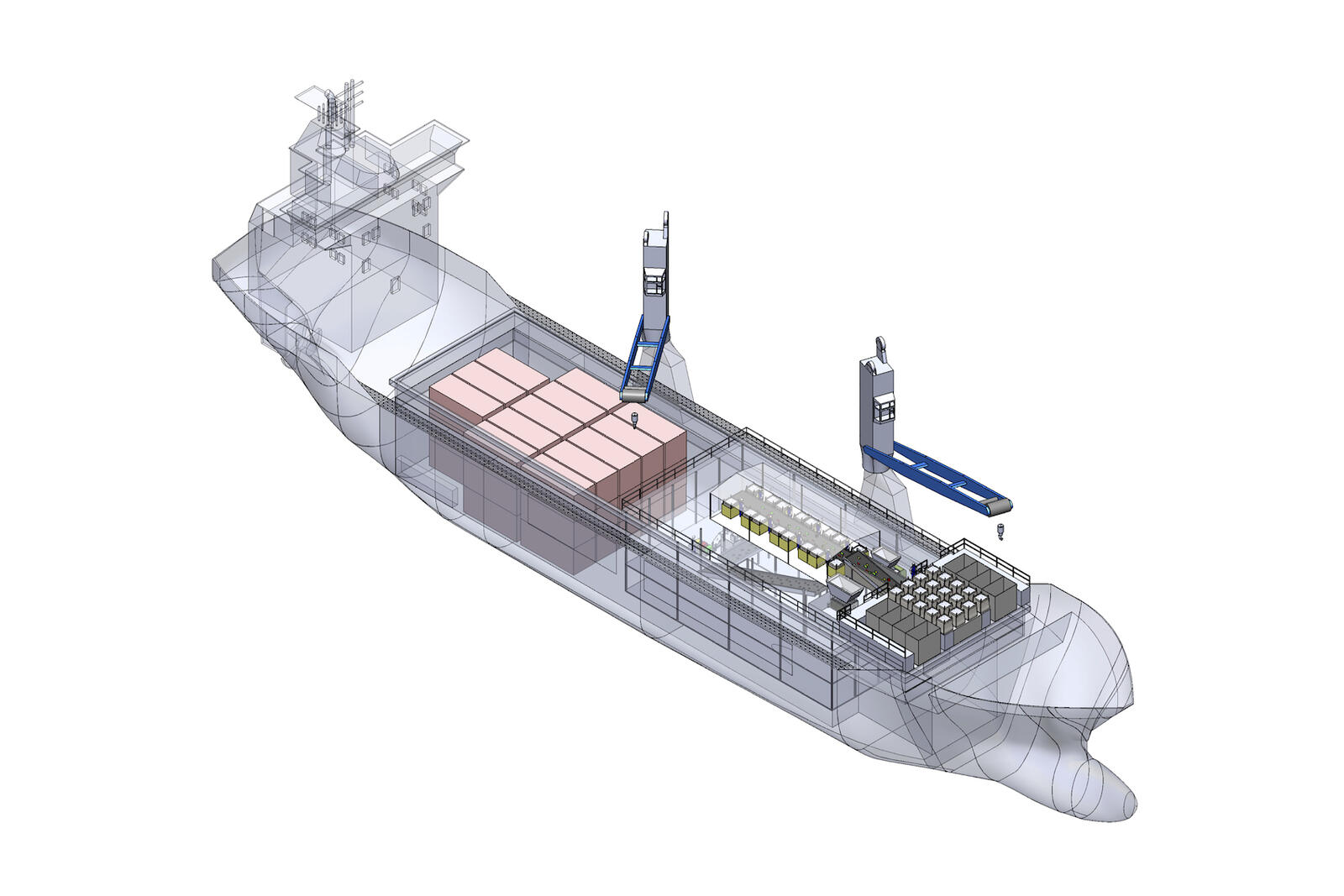
One Earth One Ocean - SeeElefant
-
Main problem:
Plastic pollution, marine littering -
Subproblem:
Environmental pollution -
Consequence:
Improvement of waste cycles, Need for education & awareness -
Solution:
Remove of plastic from the ocean, recycling & recovery
We from One Earth – One Ocean are people, who want to actively establish a clean environment.
Maritime waste collection
With maritime waste collection, One Earth – One Ocean e.V. (oeoo) has developed a comprehensive and pragmatic concept for the collection and sustainable recycling of marine litter. oeoo thus demonstrates an already proven solution to one of the biggest global environmental problems. Plastic waste from the sea is a valuable recyclables.
The concept is to collect, sort and process plastic with special waste collection vessels in coastal and estuary areas. In addition to pure plastic bales, which can be fed back into the recycling, energy and fuel will also be extracted from plastic waste at a later date.
The maritime waste collection includes two waste collection vessels of different sizes, the SeeHamster for use in inland waters, as well as the SeeKuh in coastal regions on seas, which in a few years partly fully automatic and powered by modern wind and solar technologies independently collect plastic waste from the waters. The plastic waste at sea is finally taken to the waste recycling vessel SeeElefant and recycled there or transformed into sulphur-free heating oil.
oeoo has prepared a professional feasibility study for the concept of maritime waste collection with all its components. The cleaning concept of oeoo focuses primarily on waste hotspots such as estuaries and coastal areas, where pollution concentrations are highest and plastic waste is still relatively undivided and can be found floating on the surface, often actually as a garbage rug. Here, accessibility, logistics and energy expenditure of the waste collection can be mastered. Examples include the estuaries of top polluter rivers such as the Yangtze, Ganges, Brantas, Mekong or Pasig, and the coasts off megacities such as Jakarta, Hong Kong or Rio.
The concept of oeoo's maritime waste collection shows how relatively simple, inexpensive and proven means can be used to tackle and actively combat the collection of plastic waste in the seas – especially in the waste hotspots worldwide. Plastic waste could be removed from nature before it is crushed into microplastics or sinks into the depths and damages the environment for centuries to come.
People around the world are called upon to finally actively combat the pressing human problem of marine littering.
In 2013, OEOO was awarded the prestigious GreenTec Award, Europe's largest environmental and economic award, for the concept of maritime waste collection.
In 2016, he was nominated for the Federal Ecodesign Award, the highest award for ecological design in Germany.
Der SeeElefant / The SeeElefant
The SeeElefant is a multi-purpose ship converted into a recycling and energy vessel that will be stationed at sea. He takes over the marine waste collected by the SeeKühen with on-board cranes. The SeeElefant will have market-proven plant technology for sorting, crushing and processing marine litter on board. The entire plant technology of the SeeElefanten was designed in a standard container grid. This modular design makes the system scalable and can be flexibly adapted to the conditions at the site of use. The plastic is sorted, pressed into plastic bales and recycled on land. In a later phase, plastic waste will also be able to be oiled directly on board. The oil extracted from plastic waste is stored in tanks of the ship. The process of plastic oiling consumes about 20-30 percent of the fuel produced, the rest can be sold directly to ships or settlements that are on the route. The proceeds will help to finance part of the project. Organic residues and wood are to be converted into biogas or thermally recycled. Initially, the aim is to achieve a processing capacity of 20 t/day. In further stages of expansion, this system will also be developed for commercial operators with up to 200 t/day. According to calculations by One Earth – One Ocean e.V., two employees can collect about 200 tons of plastic waste per day. For 10 months, a team of ship designers, plant engineers, environmental engineers and project developers worked in Kiel on the planning implementation of the first sea elephant. In spring 2019, the comprehensive research and concept study on the elimination of coastal marine pollution from plastic waste was completed. The focus is on the pilot system of a recycling vessel called SeeElefant. The results of the study confirm the technical, economic and legal feasibility of the pilot system "SeeElefant". Investors from the business community who want to participate in the construction of the first "Sea Elephant" pilot system in order to tackle the problem of plastic waste actively and pragmatically are cordially invited.
Photo Credits by: ©oneearthoneocean
https://oneearth-oneocean.com/
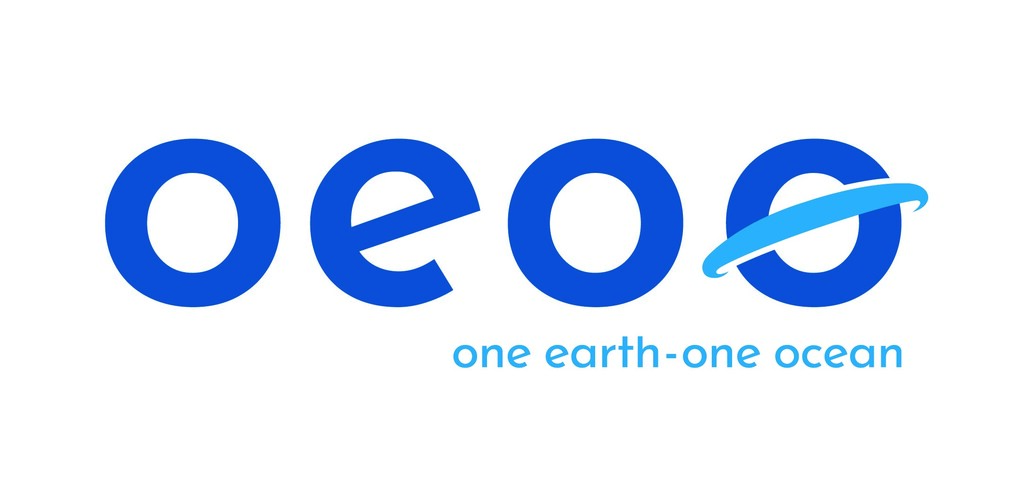


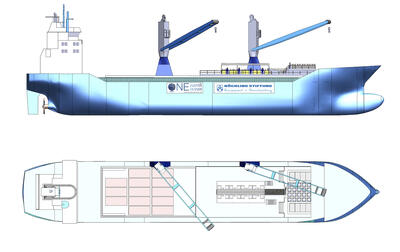
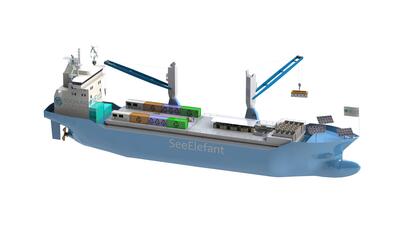
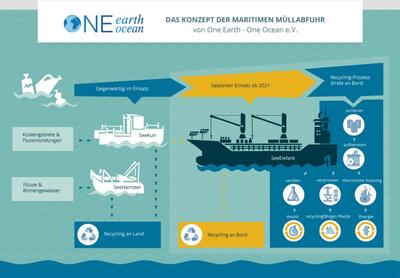
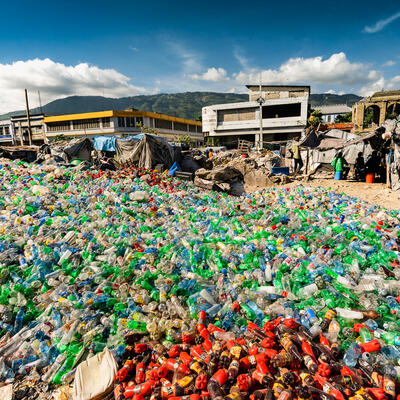
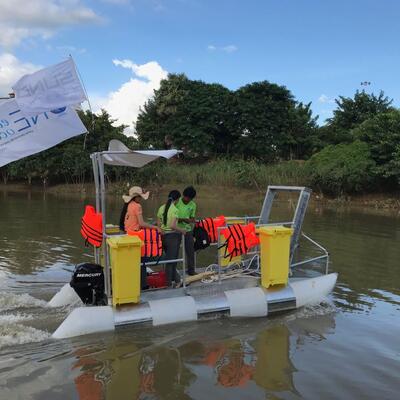
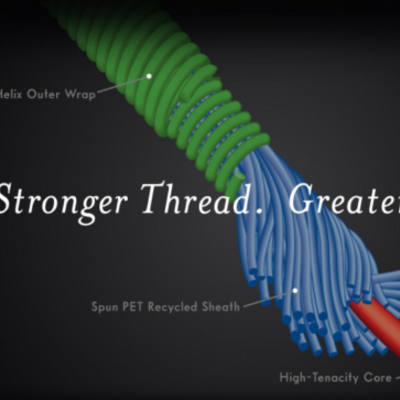
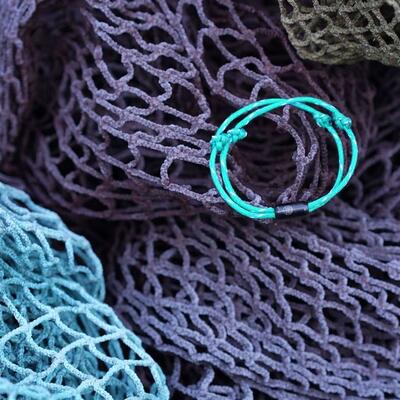
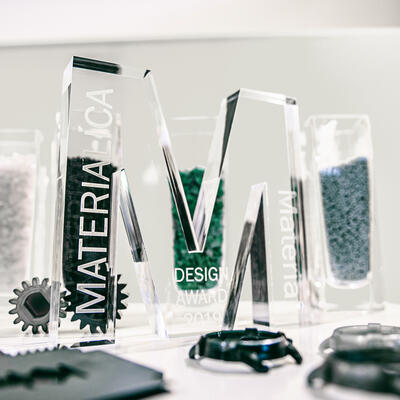
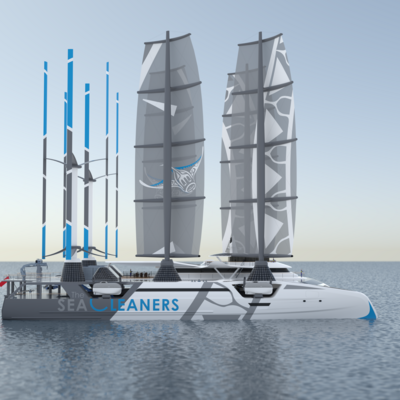
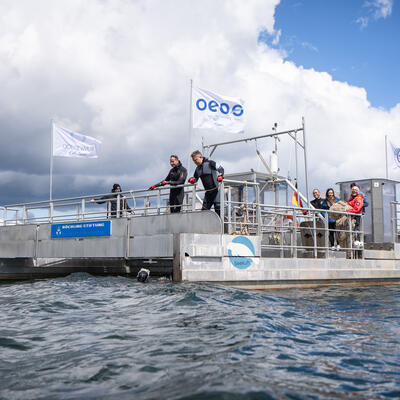
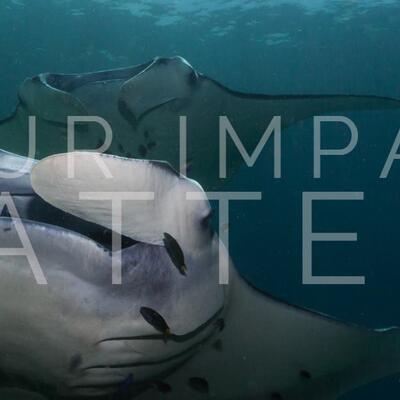
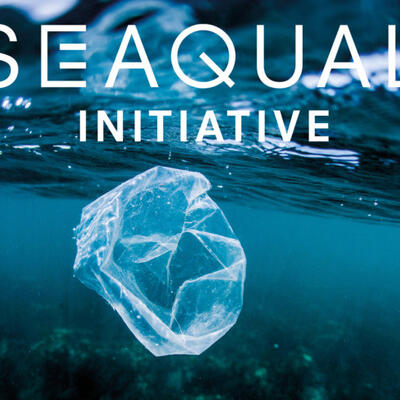
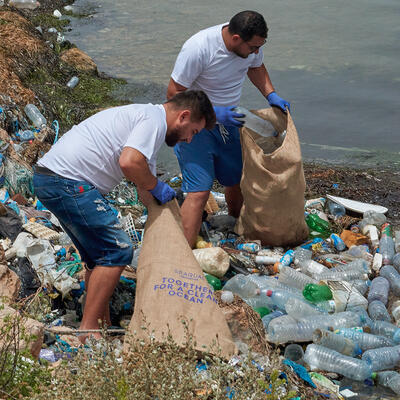
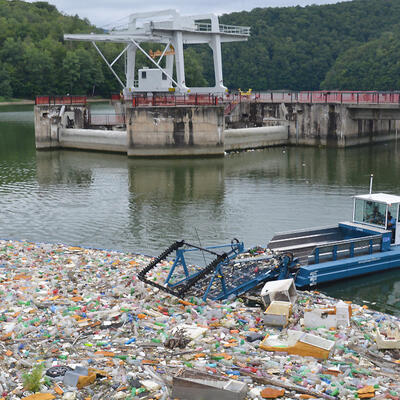
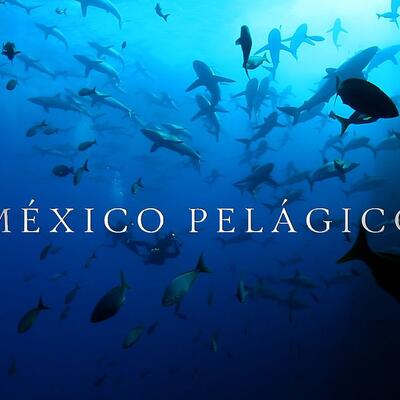
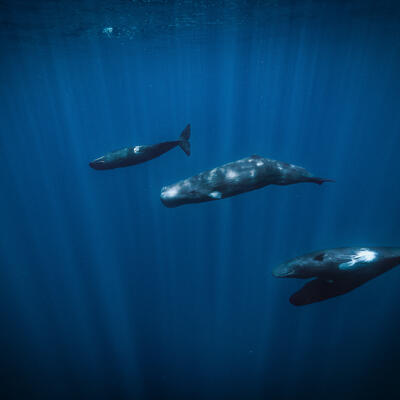

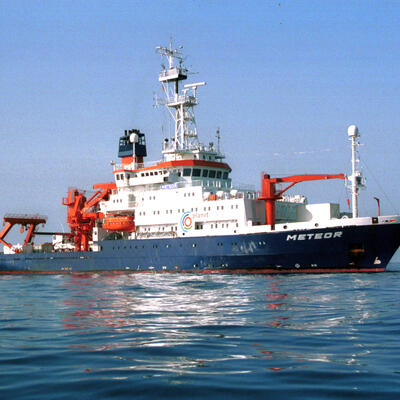

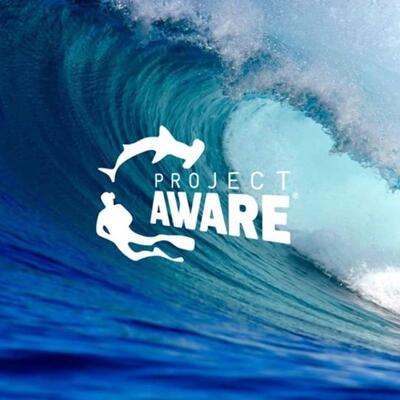
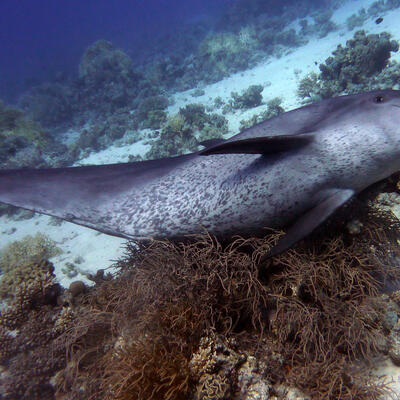
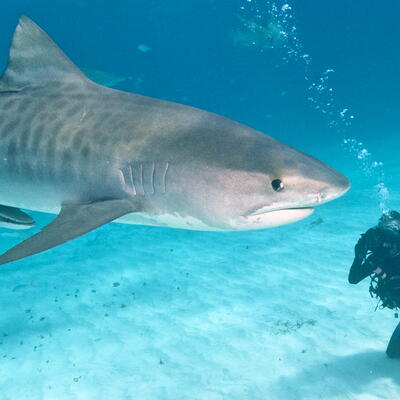
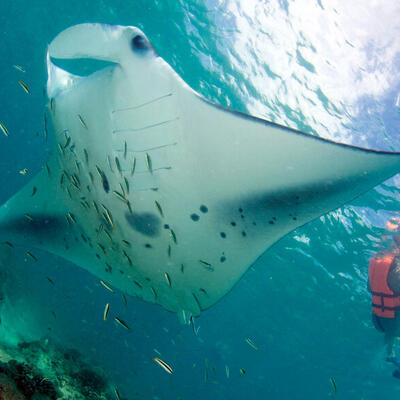Simon%20Hilbourne.jpg)
